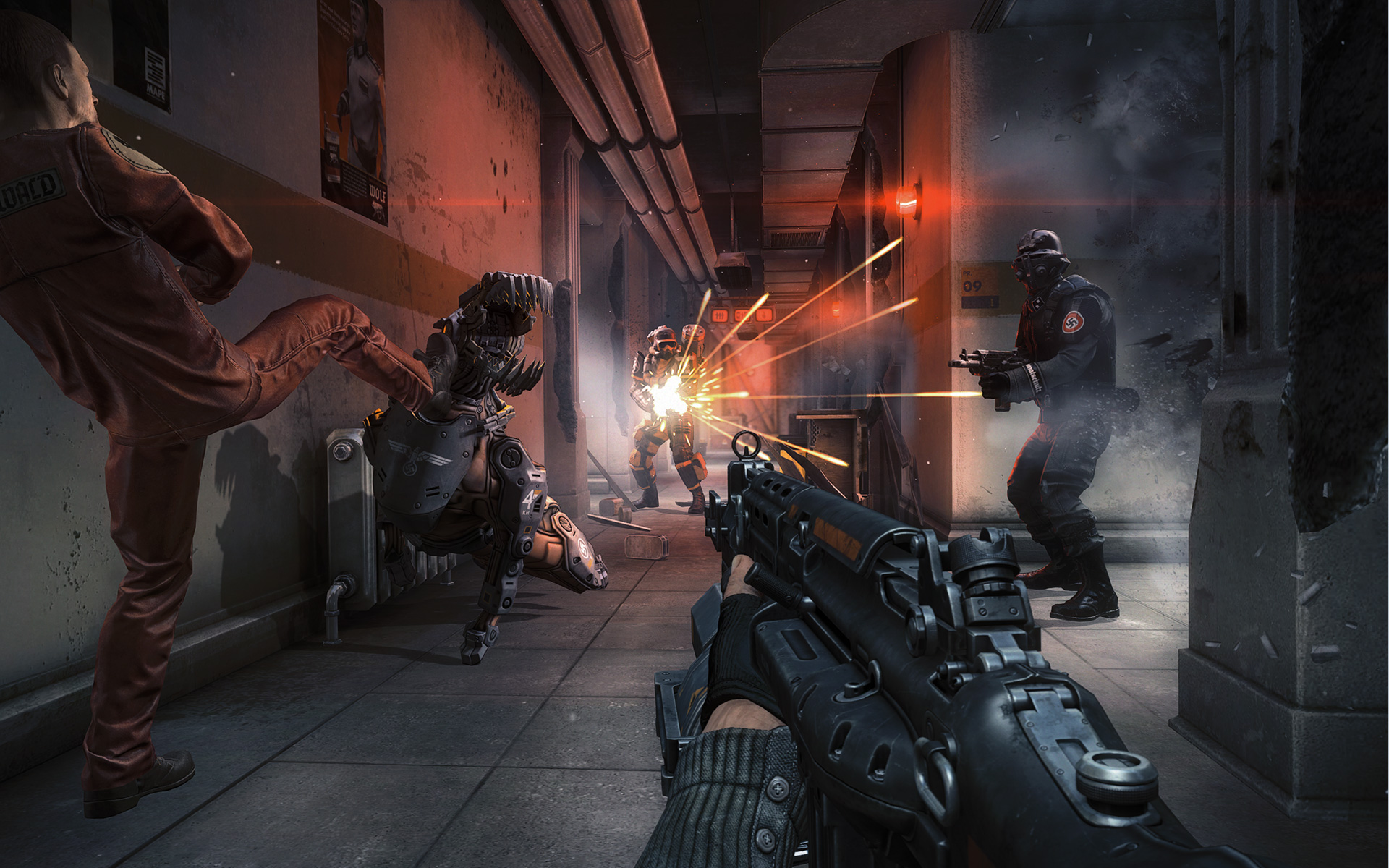Is less sometimes more?

Video games are based on rules. To quote my man Morpheus, “what you must learn is that these rules are no different than the rules of a computer system. Some of them can be bent. Others can be broken.” The more that a game attempts to give you, the more variables are introduced, and the greater the scope for bugs and other general weirdness.
Access Denied
No matter the scope or ambition of the game, there will inevitably be a point where you are unable to do something that would be so menial in real life that it seems astonishing to not be allowed to do it in a game. The more freedom a game gives you, the more sobering it is when the game finally says “Nope. You can’t do that.”
It was while playing Assassin’s Creed: Unity that I got really frustrated by this. Of course, Unity had a famously buggy launch, with all sorts of issues cropping up. I was playing about 18 months after release, so things had been patched a great deal by then. Despite my early impressions being good, I quickly grew frustrated with the game and a number of baffling design decisions that drove me more and more insane.
None more so than a chair. A plain, old, wooden chair. Imagine the scene. Here I am, controlling Arno as he parkours across rooftops in revolutionary Paris, skipping past chimneys and leaping over gaps. Then, as he reaches the end of a building he launches himself across the street at rooftop height and through an open window on the adjacent building. As he deftly slides over a table and makes a beeline for the window at the other end of the room, all of a sudden he is stopped dead in his tracks. Has he got caught in some kind of trap? Has an enemy appeared and attacked him? No, he tried to climb over a chair. A 4-foot-tall chair. The game artifact is obviously deemed to not be a traversable object. Does Arno just shimmy around it and keep on going? Nope. He stops dead as if he’d run into a wall. Parkour fantasy suspended, timer expired, mission failed. Great. It wouldn’t be so bad if it were an isolated incident, but it seems to happen every time.
And don’t get me started on the fact that you can’t open windows from the inside.
Identity Crisis
But contrast this with a linear, focussed experience like Wolfenstein: The New Order. Wolfenstein knows what it is. It knows what it does well: shooting Nazis in the face. It knows what it doesn’t do: exploration and freedom. And it’s all the better for it. A lot of games these days seem to suffer a little bit of an identity crisis. They try to do too much and be good at everything, and end up being mediocre at best. Ubisoft are especially guilty of this in my opinion, with Assassin’s Creed, Watch Dogs, and Far Cry all suffering from it. In saying that, I must say that I enjoyed the Division (at least until I finished the PvE content) and am thoroughly looking forward to Ghost Recon: Wildlands.

Wolfenstein: The New Order is a great example of a game that knows what it is, and executes it perfectly
Rockstar North are experts at providing the full open-world experience. Generally speaking, things work well in Grand Theft Auto, and there aren’t too many ridiculous game-breaking bugs. But the key factor there is that they don’t rush a game out every 1-2 years. Take Two know what they have with Grand Theft Auto, and they seem to trust the quality of the team at R* to deliver a treble-A experience every few years. Too many other publishers are trying to compete on an annual or biennial cycle, and offer the moon on a stick, only to deliver some kind of half-melted Solero instead.
Summary
Developers (and publishers - let’s face it, they’re where the pressure to release comes from), if you’re doing open-world, make sure and take the time to do it properly. There’s nothing more frustrating than being told you can “go anywhere and do anything” only to find out that sure, you can run up that hill in the distance, but try and walk past that bucket in the middle of the street and it’s game over.
There’s nothing wrong with a game embracing its identity and delivering a short(er), focussed experience well, rather than a half-arsed scattergun that misses on as many points as it hits.
Plus, with more limited gaming time these days, there are only so many lengthy, open-world title I have time to play through.